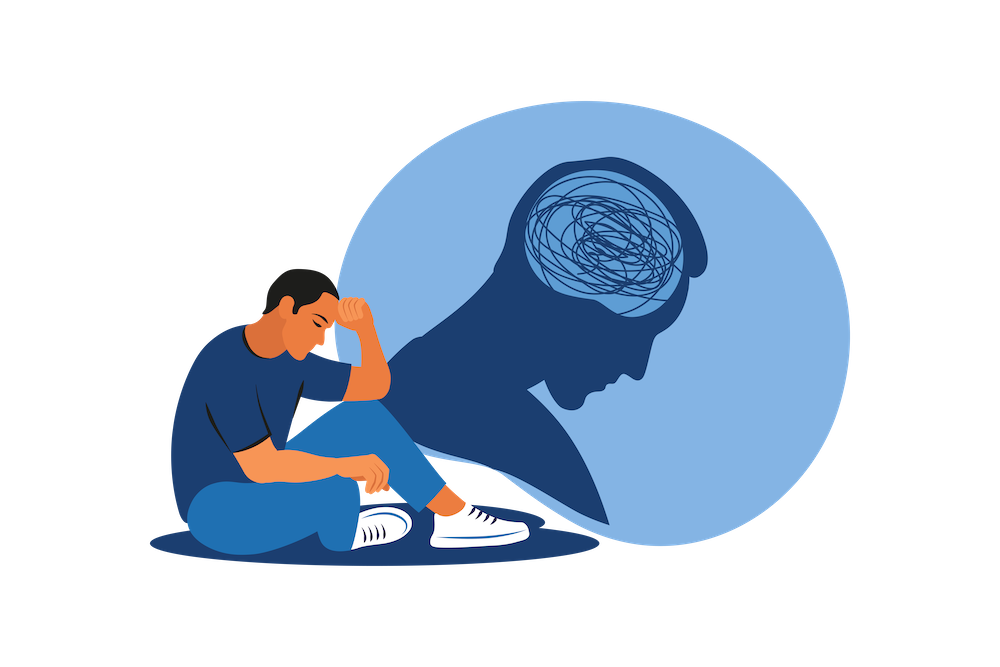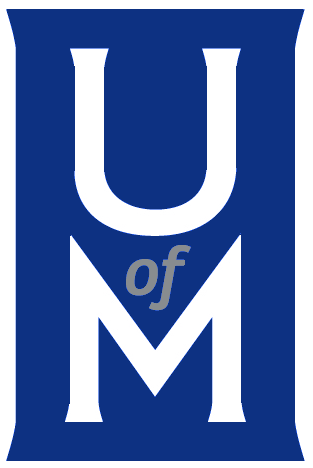Provider Services
Gambling includes any behavior where something of value is risked on an event where the outcome is at least partially determined by chance. A large proportion of individuals residing in the United States report gambling within the last year (about 80%).¹
Some individuals who gamble experience significant harm across a variety of domains. Examples of harms related to gambling include:
- Financial harms
- Relationship difficulties
- Psychological distress
- Impaired performance in the workplace or at school
- Negative impacts on physical health

What Is Gambling Disorder?

Gambling disorder is characterized by a pattern of persistent gambling behavior over time that is difficult to stop or reduce despite the experience of significant harms or disruptions of interpersonal, intrapersonal, or vocational functioning. Conflict in important relationships in a person’s life related to gambling (e.g., lying about gambling, borrowing money from others, accruing financial debt) or experiencing gambling-related psychological distress (e.g., irritability when cutting back, experiencing distress when attempting to reduce gambling) are common experiences of those with a gambling disorder diagnosis. The classification of gambling disorder is present both within the Diagnostic and Statistical Manual of Mental Disorders 5th edition (DSM-5) and the International Classification of Diseases 11th Revision (ICD-11).
Gambling disorder is found within the ‘Substance-Related and Addictive Disorders’ section of the DSM-5. Although gambling disorder does not involve the consumption of an exogenous substance, as is the case in substance use disorders, the neurobiological activity associated with gambling disorder mirrors that of substance abuse. The release of the neurotransmitter dopamine within the mesolimbic tract has been associated with motivational processes and experiences of craving or wanting seen in addictive behavior.
How Gambling Affects the Brain
Although gambling disorder does not involve consuming an addictive substance, the activity in the brain mirrors that of an individual with substance use disorder. Gambling cues within the environment, such as the spin of a slot machine, the roll of the dice on a craps table, or the odds of a sports wager, activate dopamine within the brain’s mesolimbic tract. This dopamine activity produces urges to gamble, and the activity increases after a loss or a “near-miss.” Furthermore, the dopamine activity and urges to gamble may overshadow other rewarding alternatives in life. Finally, controlling urges when facing other life challenges or traumas may be especially difficult.
Help for Your Patient
If you believe that a patient or client may be experiencing the symptoms of gambling disorder, you can take action. The first step is collecting information related to their gambling behavior, the severity of their gambling, and any problems they may have contracted that are associated with gambling disorder. Below are multiple self-report assessment tools for assessing the signs and severity of problem gambling:
Like other addictive behaviors, the symptoms of gambling disorder are treatable through psychotherapeutic and psychopharmacological means. Cognitive Behavioral Therapy (CBT) is an efficacious, evidence-based treatment for gambling disorder that has been shown to significantly reduce the severity of gambling disorder symptoms and the frequency and intensity of gambling behaviors.
Do you have a client who is exhibiting the symptoms of gambling disorder? CLICK HERE to begin the referral process to The Gambling Clinic®, an accessible gambling treatment clinic providing services to all residents of the state of Tennessee.
- Welte, J. W., Barnes, G. M., Tidwell, M. C. O., Hoffman, J. H., & Wieczorek, W. F. (2015). Gambling and problem gambling in the United States: Changes between 1999 and 2013. Journal of gambling studies, 31, 695-715.
Provider Services
Gambling includes any behavior where something of value is risked on an event where the outcome is at least partially determined by chance. A large proportion of individuals residing in the United States report gambling within the last year (about 80%).¹
Some individuals who gamble experience significant harm across a variety of domains. Examples of harms related to gambling include:
- Financial harms
- Relationship difficulties
- Psychological distress
- Impaired performance in the workplace or at school
- Negative impacts on physical health

What Is Gambling Disorder?

Gambling disorder is characterized by a pattern of persistent gambling behavior over time that is difficult to stop or reduce despite the experience of significant harms or disruptions of interpersonal, intrapersonal, or vocational functioning. Conflict in important relationships in a person’s life related to gambling (e.g., lying about gambling, borrowing money from others, accruing financial debt) or experiencing gambling-related psychological distress (e.g., irritability when cutting back, experiencing distress when attempting to reduce gambling) are common experiences of those with a gambling disorder diagnosis. The classification of gambling disorder is present both within the Diagnostic and Statistical Manual of Mental Disorders 5th edition (DSM-5) and the International Classification of Diseases 11th Revision (ICD-11).
Gambling disorder is found within the ‘Substance-Related and Addictive Disorders’ section of the DSM-5. Although gambling disorder does not involve the consumption of an exogenous substance, as is the case in substance use disorders, the neurobiological activity associated with gambling disorder mirrors that of substance abuse. The release of the neurotransmitter dopamine within the mesolimbic tract has been associated with motivational processes and experiences of craving or wanting seen in addictive behavior.
How Gambling Affects the Brain
Although gambling disorder does not involve consuming an addictive substance, the activity in the brain mirrors that of an individual with substance use disorder. Gambling cues within the environment, such as the spin of a slot machine, the roll of the dice on a craps table, or the odds of a sports wager, activate dopamine within the brain’s mesolimbic tract. This dopamine activity produces urges to gamble, and the activity increases after a loss or a “near-miss.” Furthermore, the dopamine activity and urges to gamble may overshadow other rewarding alternatives in life. Finally, controlling urges when facing other life challenges or traumas may be especially difficult.
Help for Your Patient
If you believe that a patient or client may be experiencing the symptoms of gambling disorder, you can take action. The first step is collecting information related to their gambling behavior, the severity of their gambling, and any problems they may have contracted that are associated with gambling disorder. Below are multiple self-report assessment tools for assessing the signs and severity of problem gambling:
Like other addictive behaviors, the symptoms of gambling disorder are treatable through psychotherapeutic and psychopharmacological means. Cognitive Behavioral Therapy (CBT) is an efficacious, evidence-based treatment for gambling disorder that has been shown to significantly reduce the severity of gambling disorder symptoms and the frequency and intensity of gambling behaviors.
Do you have a client who is exhibiting the symptoms of gambling disorder? CLICK HERE to begin the referral process to The Gambling Clinic®, an accessible gambling treatment clinic providing services to all residents of the state of Tennessee.
- Welte, J. W., Barnes, G. M., Tidwell, M. C. O., Hoffman, J. H., & Wieczorek, W. F. (2015). Gambling and problem gambling in the United States: Changes between 1999 and 2013. Journal of gambling studies, 31, 695-715.
GET HELP FOR YOUR GAMBLING PROBLEM
If you would like to receive help for a gambling addiction, learn more about our services or schedule a consultation, call, email, or fill out the form.
GET HELP FOR YOUR GAMBLING PROBLEM
If you would like to receive help for a gambling addiction, learn more about our services or schedule a consultation, call, email, or fill out the form.



